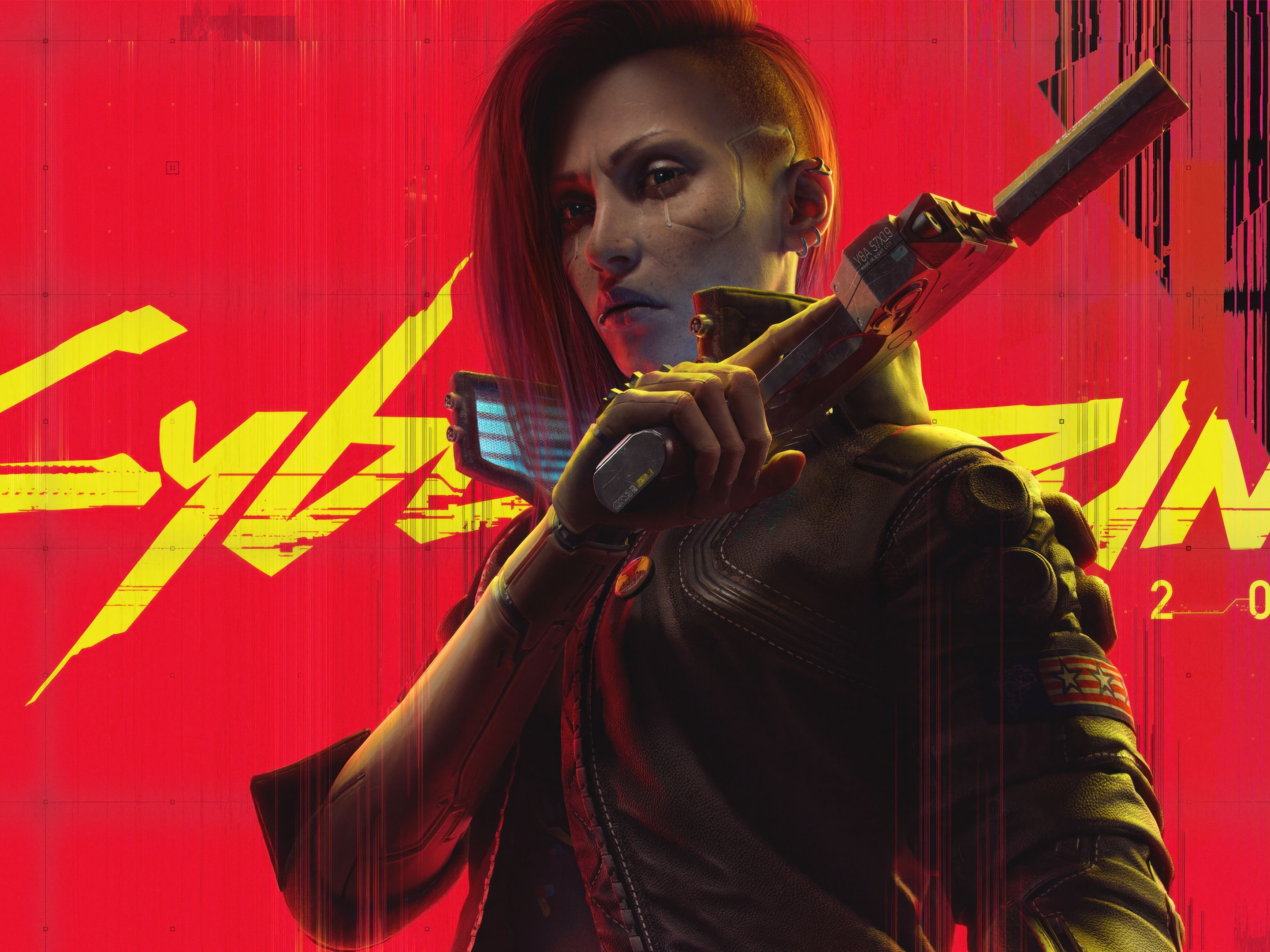The Outer Worlds Score: Obsidian’s RPG Reception
When The Outer Worlds launched in October 2019, it was met with a wave of anticipation. Developed by Obsidian Entertainment—a studio revered by RPG enthusiasts for titles like Fallout: New Vegas, Pillars of Eternity, and Star Wars: Knights of the Old Republic II—the game promised a return to the kind of deeply narrative, choice-driven role-playing that had defined the studio’s legacy. Critics and players alike were eager to see how the team would tackle a modern first-person RPG, especially one positioned as a spiritual successor to the classic Fallout games. The reception, both in terms of critical scores and player response, was overwhelmingly positive, cementing The Outer Worlds as one of the standout RPGs of its generation.
Critical Acclaim and Aggregate Scores
Upon release, The Outer Worlds garnered widespread critical praise. On Metacritic, the game holds scores ranging from the mid-80s to low 90s across platforms, with the PC version sitting at an 85 based on 45 reviews. OpenCritic, another review aggregator, reported a "Strong" rating with a top critic average of 84%. Major publications were effusive in their praise. IGN awarded it a 8.5/10, calling it "a fantastic RPG with a sharp wit and a lot of heart," while GameSpot gave it a 9/10, highlighting its "consistently excellent writing" and meaningful player agency.
Reviewers frequently highlighted the game’s writing, world-building, and character development as standout features. The satirical, corporate-dominated setting of the Halcyon colony was lauded for its clever critique of capitalism and corporatism, delivered with a sharp, often darkly humorous tone. Characters like Parvati Holcomb, the earnest and kind-hearted engineer, became instant fan favorites, praised for their depth and emotional resonance. The game’s dialogue system, which offered extensive branching options based on skills and perks, was also frequently cited as a high point, evoking the classic RPGs that inspired it.
Strengths: Narrative, Choice, and World-Building
At its core, The Outer Worlds is a game about choices—both big and small. From the moment players awaken from cryosleep on the stranded colony ship Hope, they are thrust into a world where every decision carries weight. The game’s reputation system, faction allegiances, and companion relationships all dynamically respond to player actions, creating a deeply personalized experience. This reactivity was a key factor in its positive reception. Players felt that their choices mattered, whether in resolving quests peacefully through dialogue or violently with firearms, or in deciding the fate of entire communities.
The game’s world-building also received significant acclaim. Halcyon is a richly detailed, albeit compact, universe filled with vibrant locations, from the manicured corporate plazas of Byzantium to the desolate canyons of Monarch. Each area tells a story through environmental design, logs, and NPC interactions, reinforcing the game’s themes of corporate greed, societal decay, and individual resilience. This attention to detail made exploration rewarding and immersive, a hallmark of Obsidian’s design philosophy.
Combat, while sometimes cited as functional rather than groundbreaking, was generally well-received for its flexibility. The Tactical Time Dilation (TTD) system, which allows players to slow time during combat, added a strategic layer to encounters, while the variety of weapons and mods encouraged experimentation. The flaw system, which allows players to accept permanent debuffs in exchange for additional perk points, was also praised for its role-playing potential, making characters feel more unique and personally crafted.
Criticisms and Limitations
Despite the overwhelming praise, The Outer Worlds was not without its critics. Some reviewers and players noted that the game felt somewhat conservative in its design, hewing closely to the Fallout: New Vegas template without significantly innovating upon it. The combat, while enjoyable, was often described as serviceable but lacking the polish and depth of dedicated shooters. Enemy variety was also cited as a weakness, with a relatively limited bestiary and repetitive encounters in the later stages of the game.
Another common critique was the game’s scale. Compared to sprawling open-world RPGs like The Witcher 3 or Skyrim, The Outer Worlds is notably smaller, with a more focused scope. While this allowed for tighter storytelling and less filler content, some players felt that the world lacked the sheer size and freedom they expected from a modern RPG. The economic systems, including the much-hyped corporate satire, were also seen by some as underdeveloped, with limited long-term impact on gameplay beyond the narrative.
Player Reception and Cultural Impact
Beyond critical reviews, player reception has been largely positive. On Steam, the game maintains a "Very Positive" rating based on over 40,000 user reviews, with similar sentiment echoed on other platforms. Players have praised the game for its humor, characters, and the freedom it offers in crafting a unique story. The inclusion of accessibility options, such as a "super easy" difficulty setting for players who wanted to focus solely on the narrative, was also well-received.
Culturally, The Outer Worlds solidified Obsidian’s reputation as a master of the narrative RPG at a time when many fans felt the genre was being diluted by more action-oriented entries. Its success demonstrated that there was still a strong market for thoughtfully designed, choice-driven games, a sentiment that resonated deeply in an industry increasingly dominated by live-service models and microtransactions. The game’s themes—particularly its critique of unchecked capitalism—also felt timely and relevant, sparking discussions beyond gaming circles.
The Legacy and Future
The positive reception of The Outer Worlds had immediate ramifications. It bolstered Obsidian’s standing following its acquisition by Microsoft, paving the way for future projects like Avowed and the recently released Pentiment. A narrative-focused expansion, Peril on Gorgon, was released in 2020, followed by Murder on Eridanos in 2021, both of which were praised for expanding the game’s world and stories. A sequel, officially announced in 2021, is now in development, promising to build upon the foundation of the original with greater scope and ambition.

In retrospect, The Outer Worlds achieved what it set out to do: deliver a polished, engaging, and thoughtfully crafted RPG that honored the classics while feeling fresh and relevant. Its reception reflects not only the quality of the game itself but also the enduring appeal of player-driven storytelling. For many, it was a reminder of what made RPGs great in the first place—and a promising sign of what’s yet to come.














